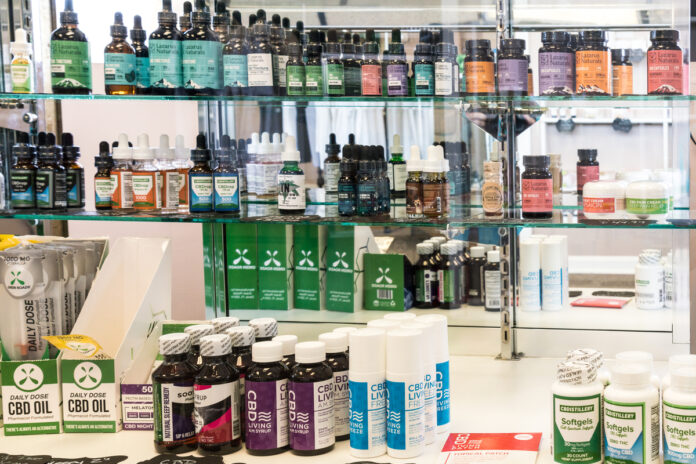Over the past several years, CBD has surpassed every emerging health trend to become the hottest thing since sliced bread. According to a recent Forbes article, Google searches for CBD-related queries have surpassed all searches for Kim Kardashian, Taylor Swift, the Beatles, and even Jesus.
This extreme growth spurt and attention focused on the industry has led to a complete over saturation of the CBD market. While there are many reputable CBD companies that have been committed to quality since the industry’s inception, there seems to be five times as many bad actors looking to cash in on the green rush with low-quality products sold through misleading marketing tactics.
What can the industry do about this problem?
One key challenge currently facing the CBD industry is lack of regulation from the Food and Drug Administration (FDA). Due to the passage of the 2018 Farm Bill, 2019 opened with great optimism about the FDA’s development of a path for the full regulation of hemp-derived CBD. The FDA even held its first public hearing and comment period early last year in preparation for forthcoming guidelines. However, the guidelines did not come, and the FDA closed out the year with a round of warning letters sent to CBD companies making unlawful disease claims alongside commentary restating its current concerns about CBD as a food additive.
The concerns expressed were not new and additional comments made in the warning letters were not divergent from previous guidance issued by the FDA. It also is clear the FDA realizes there is a significant market for hemp and CBD products and wants time to continue investigating its concerns so that it can properly regulate such products and ensure consumer safety.
A possible first step for the FDA would be to examine the United Kingdom’s recent moves to regulate CBD in mainstream commerce. Last month, the Food Standards Agency announced plans to establish a legal pathway for CBD in food and dietary supplements, recommending a reasonable upper limit of 70mg per day for healthy adults. Likewise, the agency will require all CBD companies to undergo annual safety evaluations in order to remain on shelves.
This would be a great starting point for the American market, which currently is being undercut by unscrupulous companies producing fake or contaminated CBD products. A November 2017 study by researchers at Johns Hopkins University found that out of eighty-four samples of CBD products purchased online, only twenty-six contained the amount of CBD advertised. Likewise, tests administered by the FDA have revealed several products with no detectable amounts of CBD at all.
Needless to say, CBD companies looking to earn a trustworthy reputation should invest in quality control and testing processes to ensure they are delivering safe and effective products. Consumers should only purchase products from companies that provide a Certificate of Analysis (COA) for every batch of product that leaves their facilities. Similarly, consumers should avoid buying from CBD companies that have received a warning letter from the FDA for violating regulations, particularly around making claims that CBD can treat, cure, or mitigate any disease or ailment.
Certifications are another great source of third-party accountability. The U.S. Hemp Authority Certification Program is the hemp industry’s initiative to provide high standards, best practices, and self-regulation, giving confidence to consumers and law enforcers that hemp products are safe and legal. The program was funded by the U.S. Hemp Roundtable and developed by a variety of industry-leading firms, top-tier testing laboratories, and quality assessors to create guidance for growers and processors of hemp.
 Grace Kaucic is senior communications manager at Bluebird Botanicals, a hemp CBD manufacturer based in Louisville, Colorado. She joined the Bluebird team in 2018 and currently oversees internal and external communication strategies and execution. With a background in marketing communications, content production, and media relations, Kaucic’s responsibilities include sourcing, producing, and amplifying strategic content marketing and brand messaging across digital and traditional channels.
Grace Kaucic is senior communications manager at Bluebird Botanicals, a hemp CBD manufacturer based in Louisville, Colorado. She joined the Bluebird team in 2018 and currently oversees internal and external communication strategies and execution. With a background in marketing communications, content production, and media relations, Kaucic’s responsibilities include sourcing, producing, and amplifying strategic content marketing and brand messaging across digital and traditional channels.


